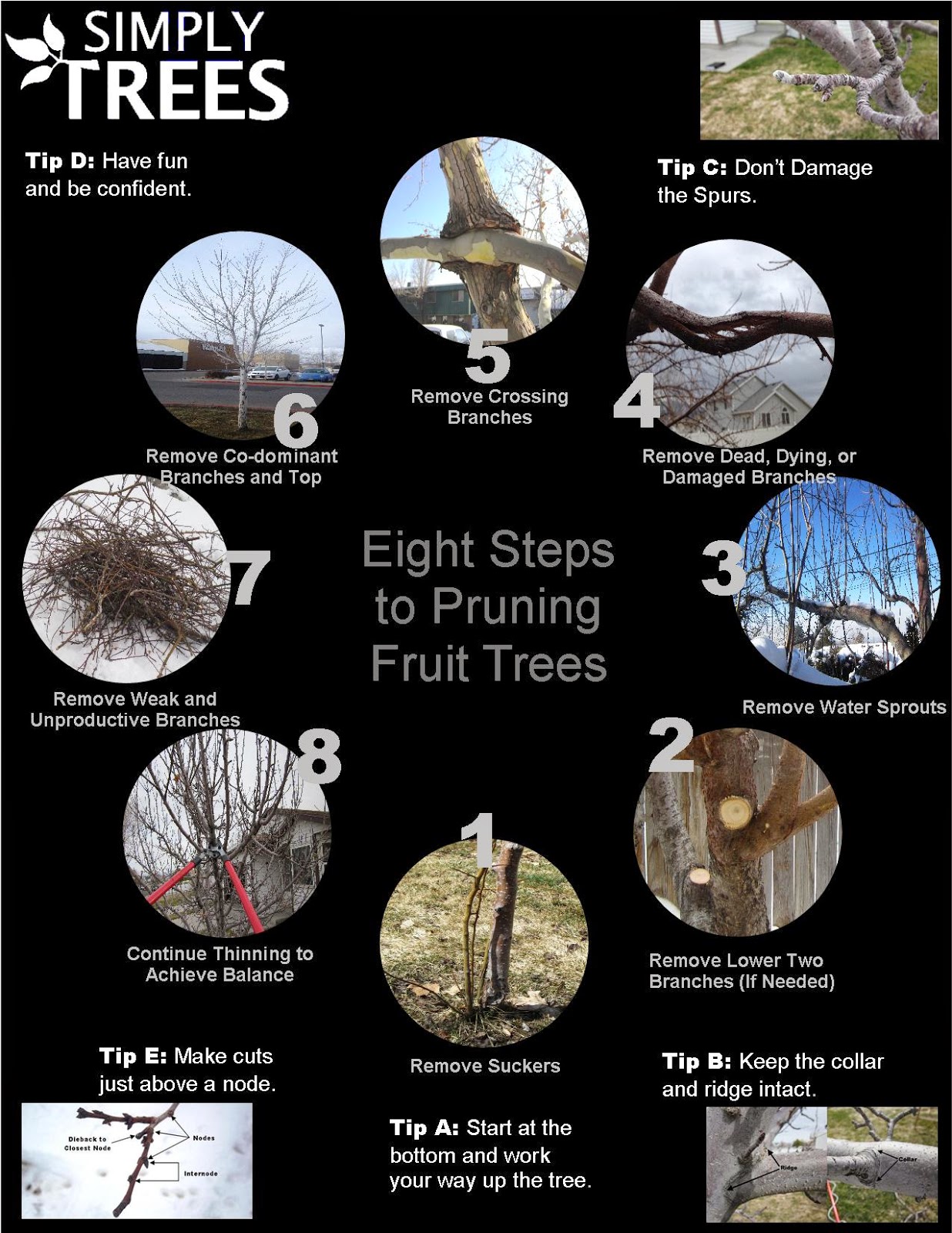The Ecological Effects Of Reducing Trees: Secret Insights You Need To Think About
The Ecological Effects Of Reducing Trees: Secret Insights You Need To Think About
Blog Article
Composed By-Oliver Mccullough
When it comes to the environmental effect of tree removal, there are crucial elements that require your attention. From the complex web of partnerships within environments to the subsequent effects on environment patterns, the repercussions are profound. You could be stunned to uncover the elaborate ways in which the elimination of trees can resound throughout the atmosphere. Remain tuned to untangle the elaborate connections and effects of this seemingly simple act.
Logging and Environment Loss
Deforestation and environment loss are critical problems stemming from tree removal. When trees are reduced, it interrupts entire communities. Not just are the trees themselves shed, however the homes and food sources of countless plant and pet types are damaged as well. Birds lose their nesting sites, creatures lose their sanctuary, and insects shed their environments. The results surge via the food chain, affecting predators and victim alike.
In addition, deforestation adds to environment modification. Trees play a crucial duty in taking in co2, a greenhouse gas that catches warmth in the atmosphere. With less trees, there's less co2 absorption, bring about enhanced degrees of this gas in the environment and aggravating global warming.
Precisiontimberfelling
Environment loss is a straight outcome of logging, as the destruction of forests means the loss of one-of-a-kind and varied ecological communities. Lots of varieties are incapable to adjust to rapid adjustments in their atmosphere, leading to populace declines and, in some cases, termination.
Securing woodlands is vital to maintaining the delicate balance of nature and ensuring the survival of plenty of plant and pet species.
Influence on Biodiversity
The elimination of trees has a considerable effect on biodiversity, influencing the selection and wealth of plant and animal types in an area. Trees offer habitat and food resources for many microorganisms, from pests to birds to mammals. When trees are removed, these species shed their homes and resources of food, causing a decrease in their populaces. This disturbance can have plunging impacts on the whole ecosystem.
Moreover, trees play an essential role in keeping biodiversity by developing microhabitats within their canopies, trunks, and origins that support a large range of varieties. When trees are reduced, these specialized environments are destroyed, lowering the overall diversity of the location.
Furthermore, the removal of trees can cause a reduction in hereditary diversity within plant populaces, as certain tree varieties might no longer have the ability to recreate or spread successfully. Protecting trees and forests is vital for protecting biodiversity and making certain the health of communities for future generations.
Dirt Erosion and Environment Adjustment
With trees being gotten rid of from an area, the disruption of dirt framework and security takes place, causing raised dirt disintegration. Trees play a vital role in avoiding disintegration by holding dirt in position with their root systems. When trees are eliminated, particularly in multitudes, the dirt becomes more at risk to erosion from wind and water. This erosion not just influences the immediate surroundings yet can likewise lead to sedimentation in close-by water bodies, influencing water top quality and water communities.
In addition, trees aid regulate the environment by soaking up carbon dioxide during photosynthesis. When Web Site are lowered, this all-natural carbon sink is lessened, contributing to boosted levels of greenhouse gases in the atmosphere. This can intensify environment change, causing even more severe weather events and interruptions in communities worldwide.
Therefore, the removal of trees not just increases dirt erosion yet likewise contributes in the larger ecological problem of climate adjustment. It's essential to consider these aspects when evaluating the influences of tree elimination on the setting.
Conclusion
Since you understand the ecological impact of tree removal, consider the consequences before lowering trees. Logging interrupts communities, minimizes biodiversity, and contributes to soil erosion and environment change. By bearing in mind the impact of tree removal, you can help protect our environment and preserve the delicate equilibrium of nature. Make informed options and consider different solutions to reduce the negative impacts on our planet.
